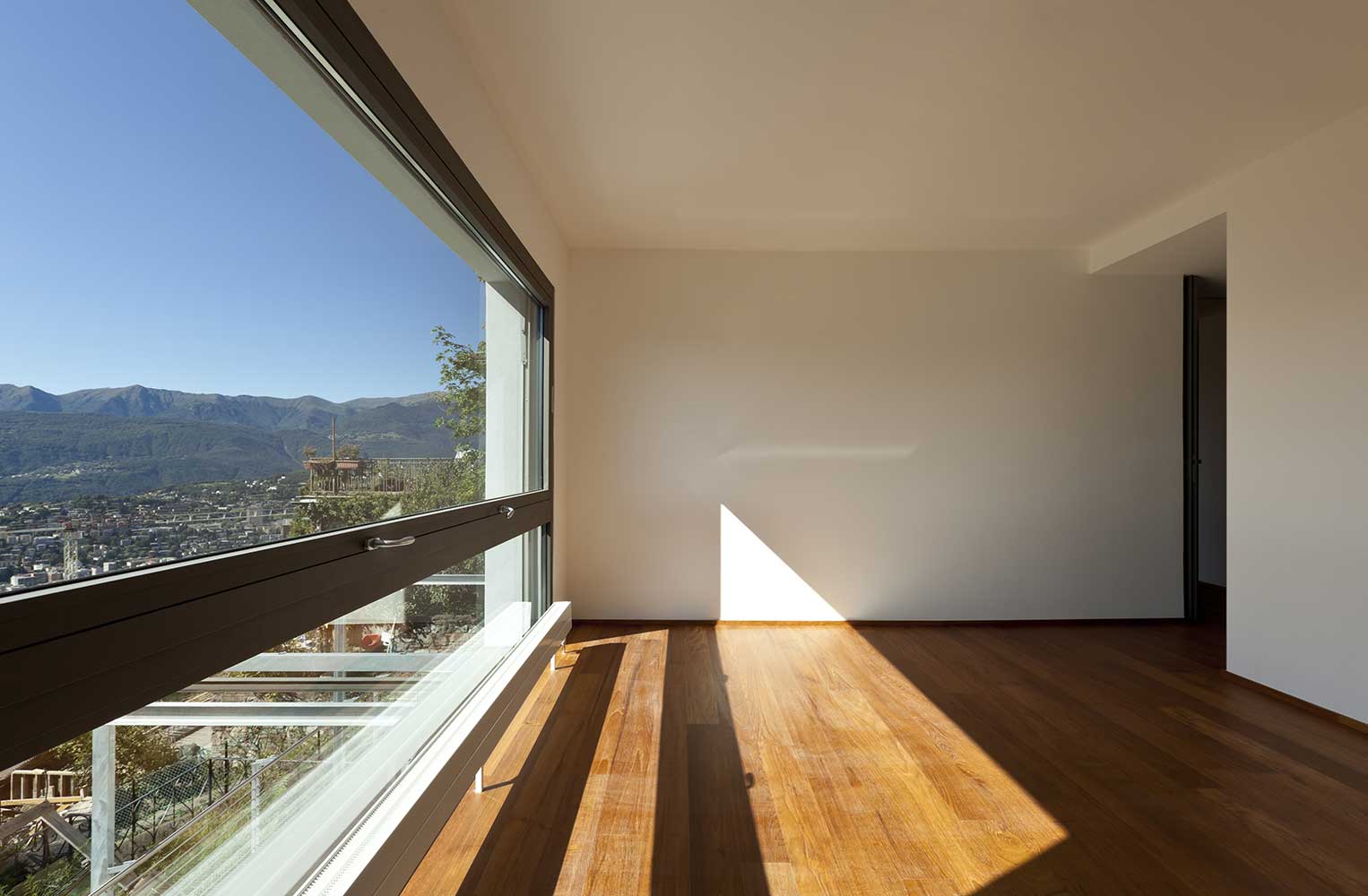
The ClimatePro team wants our San Francisco Bay Area customers to be the most informed on the planet. We feel it’s our duty to be as open as we can about potential window film problems. In this post, we’ll discuss one issue that many of our customers are concerned with: will window film crack my windows? We will address one of the causes of window breakage: thermal stress. Get the facts about thermal stress and window film right here.
As mentioned in our recent blog about window film myths, some San Francisco-area residents believe that window film causes glass breakage due to thermal stress. This misconception is based on the fact that window film can increase the thermal stress on glass exposed to sunlight. However, the misconception does not account for two things. One is the relative strength of the glass itself. The other is that different types of glass have different thermal temperature tolerances. Another factor not often taken into account is that window film manufacturers and installers take great measures to avoid the risk of thermal stress breakage.
One thing to keep in mind is that glass can always break, but thermal stress breakage in residential and commercial windows is actually quite rare. Did you know that window films come with film-to-glass thermal stress compatibility guidelines? These guidelines take into account the different glass types. As long as these guidelines are followed, it is extremely unlikely that window film will cause thermal breakage. Read on to better understand the dynamics of thermal glass breakage. You’ll also discover how window film specialists account for windows’ thermal strengths.
Thermal Stress Explained
Thermal stress can be defined as the pressure that glass receives from temperature differences in one part of the glass versus another. The greater the temperature difference, the greater the thermal stress. For instance, there is usually a difference between the temperature of your window in the center, where the sunlight hits it the most verses the edge of your windows, which are covered by a frame. When the sun warms the exposed glass, it causes the glass to expands and puts pressure on the cooler edges to also expand. This thermal stress between the warmer and cooler parts of the glass leads to stress fracturing if it meets or exceeds its breaking strength.
Relative Strengths of Different Glass Types
Different types of glass have different strength levels. For instance, the tempered glass used in many buildings, such as storefront windows and in and near doors, is so strong that it will only suffer thermal breakage due to fire. Heat-strengthened (also known as “thermally toughened”) glass is also exceptionally resistant to thermal stress. Some have a temperature difference threshold of almost 500 degrees Fahrenheit! Temperature difference thresholds for other glass types include:
- Annealed and float glass—about 105 °F
- Rough cast glass—about 86 °F
- Wired, polished or cast glass—about 77 °F
In general, thermal breakage is not a concern with tempered and heat strengthened window glass. However, it does need to be considered in relation to other window glass types.
Window Film Specialists Account for Thermal Stress Factors
As you would expect, seasoned window film experts like ClimatePro are intimately familiar with thermal stress. We conduct a detailed film-to-glass compatibility evaluation prior to beginning any window film installation. This evaluation considers multiple window factors. This includes glass type, glass color, glass thickness, pane size, external shading, window coverings, frame type, altitude, solar energy intensity. The film-to-glass compatibility evaluation also needs to assess important window film properties. Factors examined include solar energy transmission, reflection, and absorption. Absorption is key in determining the risk of thermal stress breakage. The evaluation also has to account for how solar-optical window film properties vary. The variations depend upon the specific film and the distinct glass properties on which it will be applied.
Fortunately, window film manufacturers include film-to-glass thermal stress compatibility guidelines with their products. This allows them to quickly assess the viability of a specific film for its chosen window. As long as your window film application job has been professionally assessed with a film-to-glass compatibility assessment, the risk of thermal stress breakage will remain exceptionally low. Given the natural properties of glass and its inherent ability to break, we can never provide an absolute guarantee against thermal breakage. Thermal breakage is typically covered under the warranties we offer with our window film work.
Learn More from San Francisco’s ClimatePro
Whether for privacy, security, UV protection, glare reduction, decorative, or heating, and cooling, ClimatePro is here for you. If you’re interested in the benefits of window film for your home or business, but are still concerned about thermal breakage, contact us today for a free consultation. With offices in North Bay, San Francisco, and San Jose, we can be reached at (707) 569-9098.




